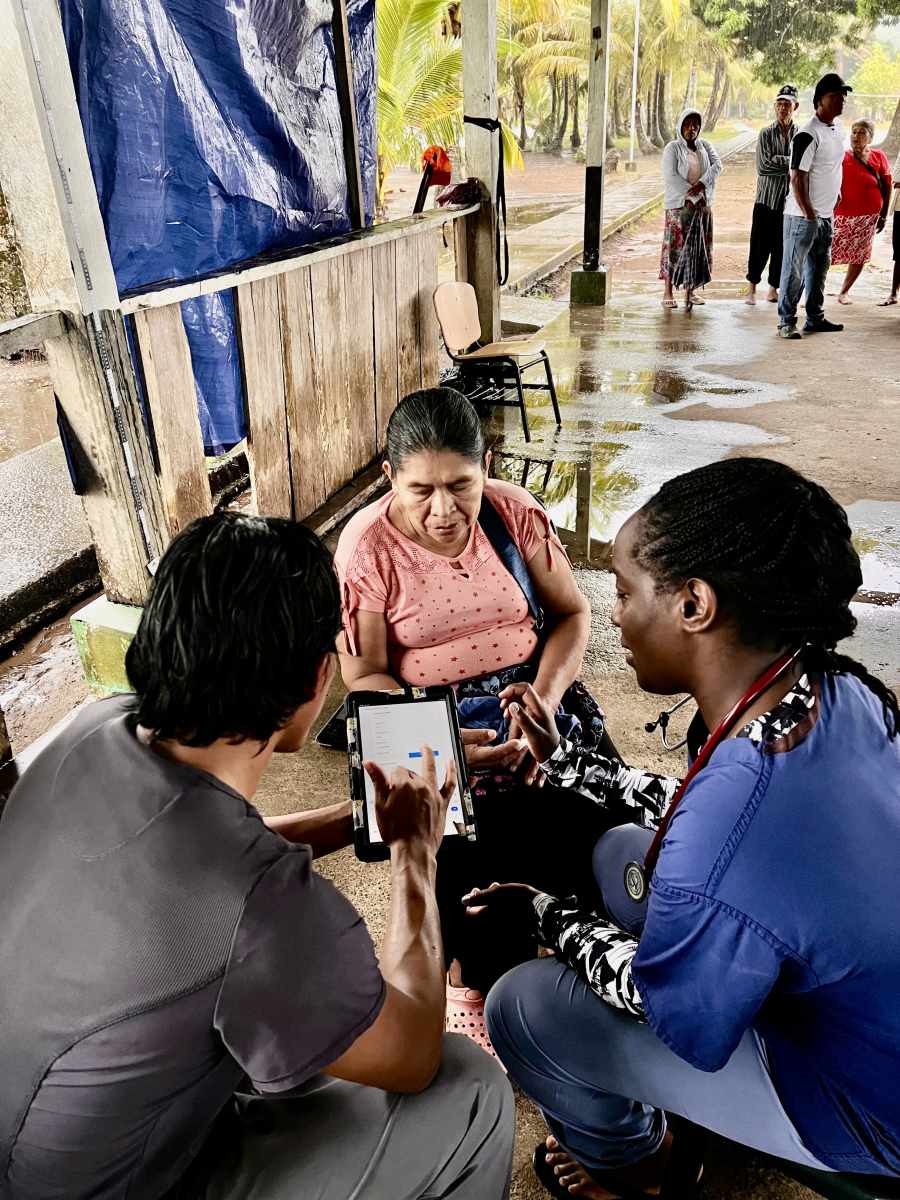This project will facilitate a humanitarian medical service trip to Panama (April 27 – May 3, 2025), in collaboration with Floating Doctors, to provide medical care, health education, and community outreach in remote, underserved areas. A team of University of Lynchburg students and faculty will assist in mobile medical clinics, conduct community health assessments, and provide preventive and acute care for indigenous populations with limited healthcare access. The project aims to enhance healthcare delivery, improve patient outcomes, and foster cross-cultural medical training, equipping participants with critical skills in global health, tropical medicine, and emergency response. This initiative will make a difference by directly addressing medical needs in these communities while preparing the next generation of healthcare providers to work in resource-limited settings.
This project will serve the indigenous Ngäbe-Buglé people and other rural communities in Panama, who experience significant healthcare disparities due to geographic isolation, limited resources, and systemic barriers to medical services. Many individuals in these communities face high rates of malnutrition, infectious diseases, chronic conditions, and maternal-child health challenges with little or no access to routine medical care. By providing direct patient care, preventive health education, and capacity-building initiatives, this project will improve short-term health outcomes while supporting Floating Doctors’ long-term mission of sustainable healthcare development in the region.
he expected impact of this project is twofold:
Immediate Community Health Benefits – By offering direct medical care, screenings, and health education, this initiative will help address urgent medical needs and chronic health conditions, improve preventive healthcare efforts, and support public health interventions in underserved communities.
Long-Term Professional & Educational Growth – For students and faculty, this experience will provide invaluable hands-on training in global health, cultural competence, and field medicine, reinforcing skills in adaptability, leadership, and interdisciplinary collaboration. These learnings will extend beyond the trip, as participants apply their experiences to future careers in medicine, public health, and emergency response, fostering a lifelong commitment to service and humanitarian healthcare.






In April 2025, the University of Lynchburg’s Doctor of Medical Science (DMSc) Program, in partnership with the Disaster Medicine Institute (DMI) and Floating Doctors, conducted a humanitarian medical mission to the remote Panamanian provinces of Bocas del Toro and Comarca Ngöbe-Buglé. This initiative provided vital healthcare services to underserved indigenous communities while offering DMSc students immersive, hands-on training in global health, tropical medicine, and disaster response.
Over four days, the team treated more than 250 patients through mobile clinics in Playa Lorenzo and Playa Verde. Common medical concerns included infectious diseases such as scabies, leishmaniasis, and respiratory infections; chronic illnesses like hypertension and diabetes; pregnancy care; vision issues; dental conditions; and sexually transmitted infections. Health education sessions addressed safe water practices, nutrition, infection prevention, and reproductive health, targeting significant local challenges such as adolescent pregnancy and chronic disease management.
The mission faced logistical obstacles, including difficult terrain, lack of infrastructure, and cultural barriers. Success required adaptability, teamwork, and culturally competent communication. The austere environment demanded creative problem-solving, efficient packing, and the use of multi-purpose medical supplies.
In addition to immediate clinical care, the mission empowered local health workers through training and knowledge-sharing, strengthening community resilience. Partnerships with Floating Doctors ensured continuity of care and follow-up for patients with ongoing health needs.
This experience not only improved the health outcomes of the affected population but also reinforced the importance of culturally sensitive, resourceful healthcare delivery in low-resource settings. The mission demonstrated how international collaboration and mobile healthcare interventions can address critical health disparities while preparing the next generation of medical professionals for leadership in global health and disaster medicine.